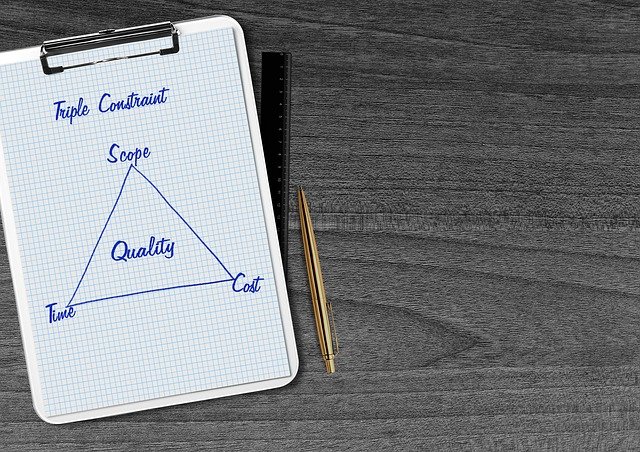

According to Experian, a FICO score of 700 or higher is considered a good credit score for college students. Of course, it is difficult for many college students to get a good credit score if they have limited credit history, or perhaps none at all.
This is when it is very important to maximize credit-building methods by using a few different measures. One of which is getting a credit card and using it in the right manner. If you have no income, you may turn to other credit-building methods, which includes consulting credit specialists like Credit Sage, or Lexington Law to help you find the right direction.
As a student, it is difficult to earn an income, and manage the finance that you do have. Let alone, trying to build up a credit score when you cannot afford to take out loans or open credit cards. If you are a student, or you know a student who needs help with this issue, read the following article for easy-to-follow advice.
No income, No problem!
It is possible for students to build credit even if they do not “earn an income”. It is important that you know what counts as “income” when applying for a credit card.
The conventionally accepted idea of an “income” is not the only thing that counts towards applying for a credit card. An income, in this case, applies to any money made through means like:
- freelancing,
- part-time work,
- once-off jobs, and
- money given to you by a parent, beneficiary, or a governing body providing scholarships.
If the money comes in regularly, and it is accounted for, it falls under the bracket of “income”.
Tips For Building And Maintaining A Credit Score When You Have Little To No Income
- Apply for a student credit card: this will help you build up your credit score if you use it responsibly.
- If you cannot get your own student credit card – Get a co-signer: You can apply for a student credit card with a co-signer if you don’t have income. However, the way the co-signer uses their card directly impacts your creditworthiness, so be careful!
- Pay your balances in full, every month, to avoid the interest charges that you will incur if you make smaller payments more regularly.
- Get a secured credit card if you do not qualify for a student credit card. You must put down a security deposit, this usually functions as your credit limit…so choose wisely!
- Check your credit reports from all three bureaus. You are entitled to 1 free yearly check at Experian, Equifax, and TransUnion.
- Become an authorized user on someone else’s card: make sure that this person is trustworthy! If the account owner is irresponsible, this could hurt your own score.
- Make sure that your rent and utility payments are made on time, and that they are reflected on your credit reports.
- Experian Boost lets you get credit for bill payments toward phone, utilities and popular streaming services.
- Dispute any incorrect, or damaging information that appears on your credit reports.
- Make payments toward your student loan: If you’ve taken out a student loan, make payments toward the same while you’re still in college. These appear in your credit reports and help you build credit.
Bottom line
It is possible to get a credit card, or open a credit account and secure a loan even if you are a student who does not earn a conventional salary, or taxable income.





